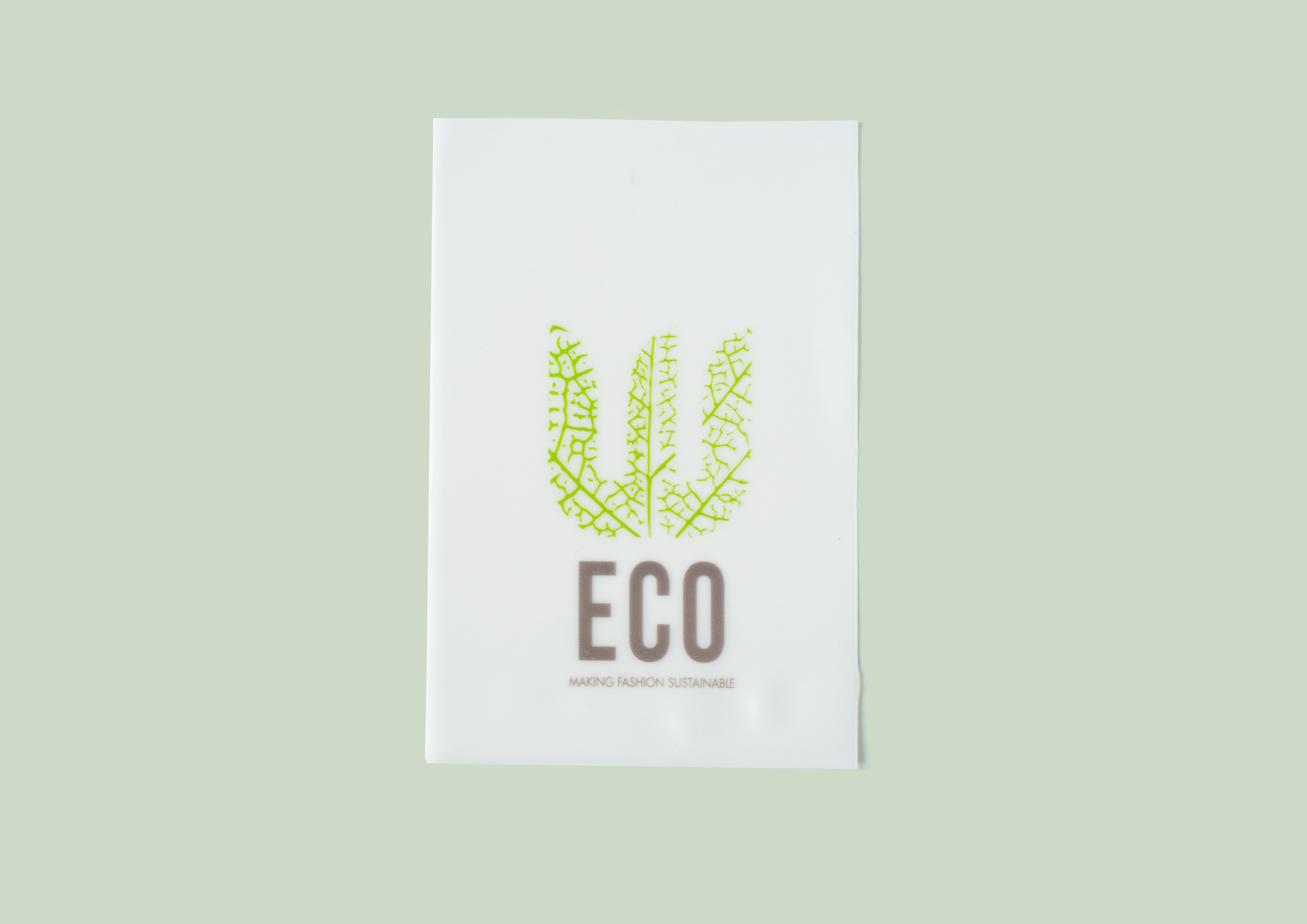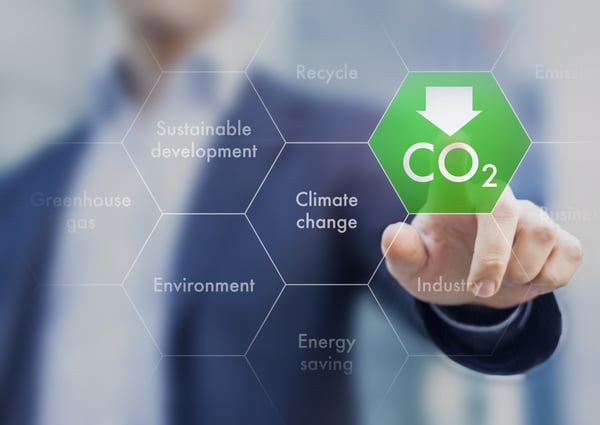9 Types of Biodegradable Packaging to Better Your Brand Footprint
4 min read timeAccording to National Geographic, there are over five trillion pieces of plastic debris in the...
Eco-Friendly
2 Minute Read
Written by Weavabel, published 12/07/19 15:49

Biodegradable plastic is material that decomposes naturally in the environment. This is achieved when micro-organisms in the environment metabolise and break down the structure of biodegradable plastic, this results in a plastic that is less harmful to the environment than traditional plastics.
Biodegradable plastics can be composed of bioplastics, which are plastics made from renewable raw materials. There are normally two forms of biodegradable plastic, injection molded and solid. Some uses of these plastics in the garment industry are woven labels, clothes packaging, bags and plastic components for tags and tickets.
Biodegradable plastics are made from all-natural plant materials. These can include corn oil, orange peels, starch, and plants. Traditional plastic is made with crude oil and other chemical fillers, these release harmful pollutants and chemicals into the environment when the plastic has been melted down. With biodegradable plastic, the substance is made from renewable and natural materials that do not contain harmful chemicals and toxins, so they do not pose the same threat to the environment.
The process of making biodegradable plastics begins with the melting down of all the materials. This molten mixture is then poured into molds and shaped into the desired product.
After their manufacture, regular plastics hold carbon, this results in the carbon being given off when the plastic is melted down or decomposed. Biodegradable plastics do not release carbon, because no carbon is involved in the manufacturing process. Methane and other harmful greenhouse gases are also be released from traditional plastic when they are recycled or burned. This is not the case with biodegradable plastics, which do not contain these polluting materials.

One of the many positive aspects of biodegradable plastics is that they are broken down by naturally occurring bacteria, this also benefits the environment as harmful chemicals are not needed in this process.
However, biodegradable plastics cost a little more to produce, but they hold many advantages over standard plastics, with a smaller impact on the environment being one of its greatest advantages.
Biodegradable plastics do have some drawbacks, however. For example, they do not decompose unless they are discarded and disposed of properly, meaning that biodegradable plastics must be treated similarly to compost. The natural breakdown of this product will not occur if it is just put in a landfill site with other general waste. This is something that concerned users will need to be mindful of. Some scientists also suggest that greenhouse gases are locked within the plastic and are released into the atmosphere when composted. However, everything used in the production of biodegradable plastic is renewable or natural. So, these plastics do not contain the harmful chemicals and materials that traditional plastics do.
Some biodegradable materials do contain small pieces of metal. There is concern that when biodegradable plastics break down, those metals will be released into the environment. However, there is no evidence that these small pieces of metal cause a negative impact in the environment.
Opting to use biodegradable is a huge step forward and something that needs to be discussed to ensure that all your requirements can be met. Contact us below and we will discuss the different plastic options we offer.
Want to keep up to date with industry developments, trends, product launches and more? Sign up to our newsletter to get the latest delivered to your inbox.


